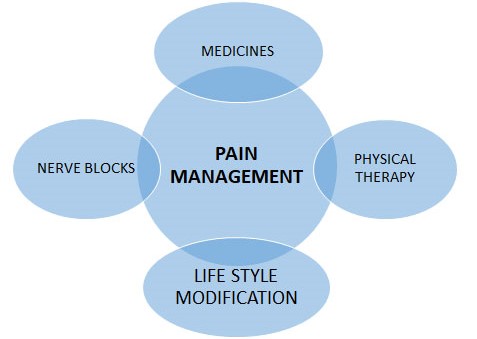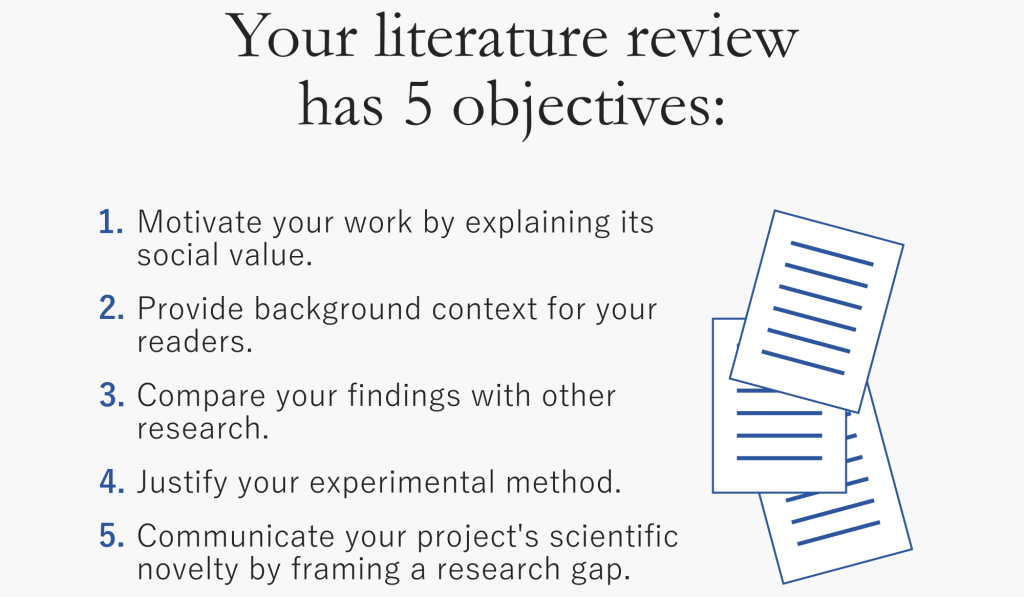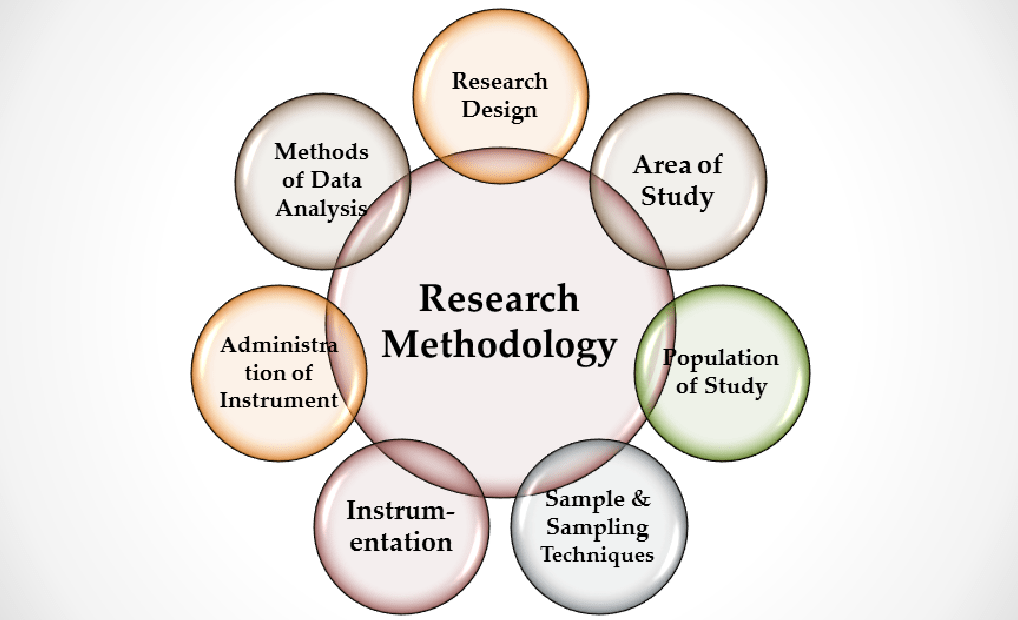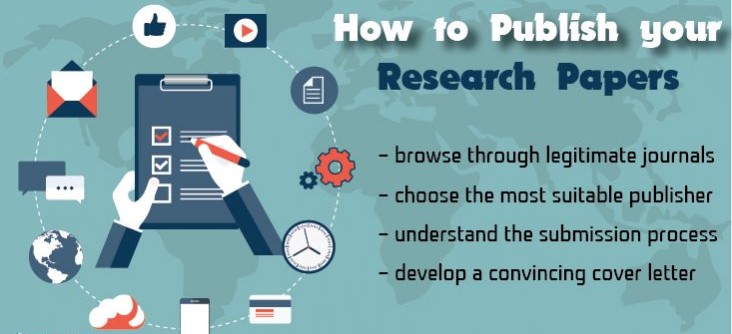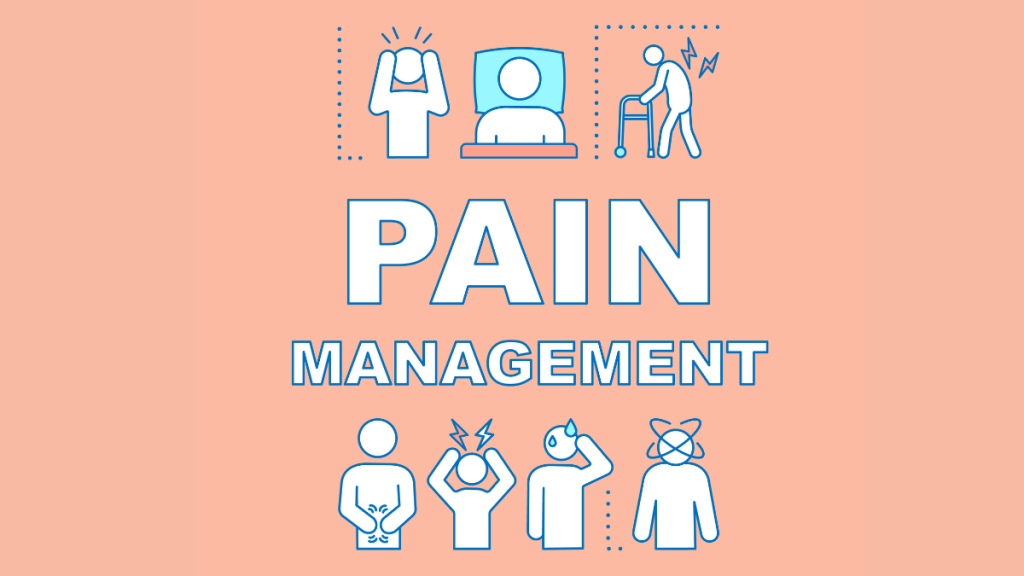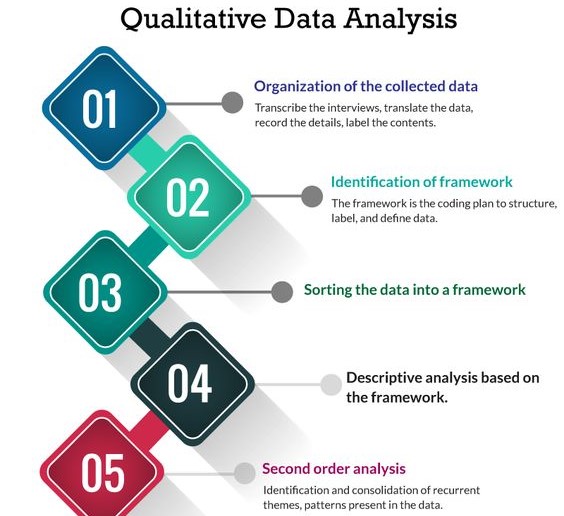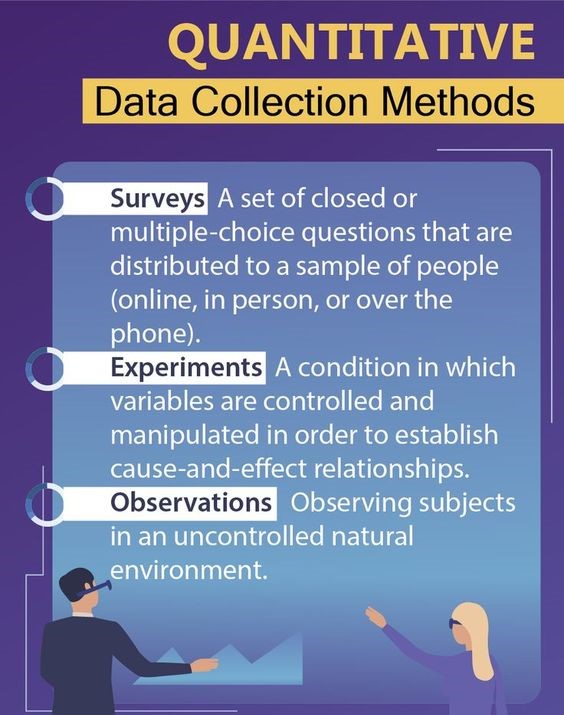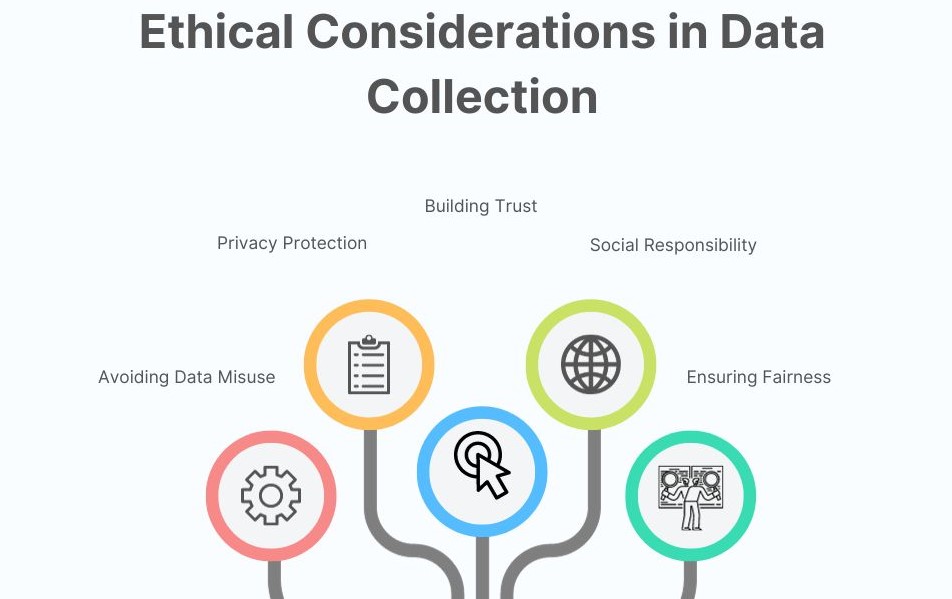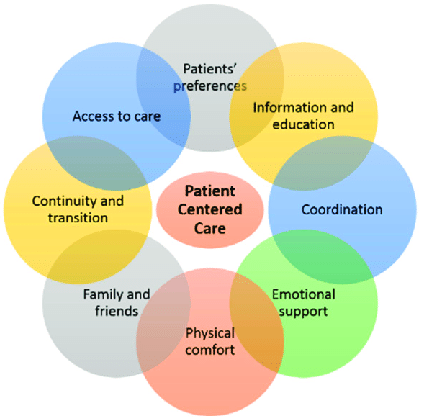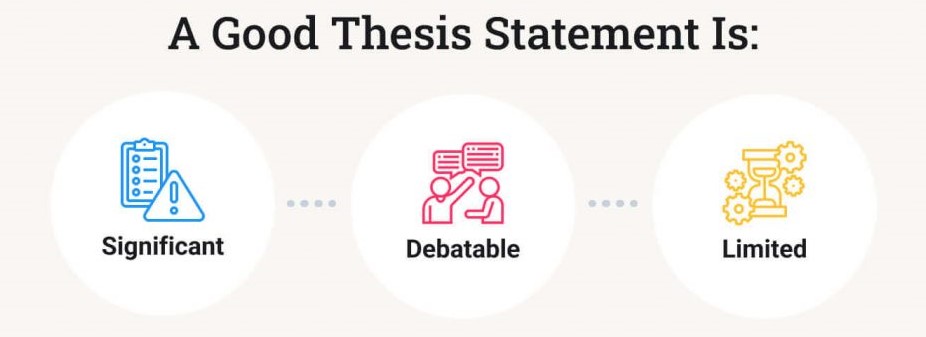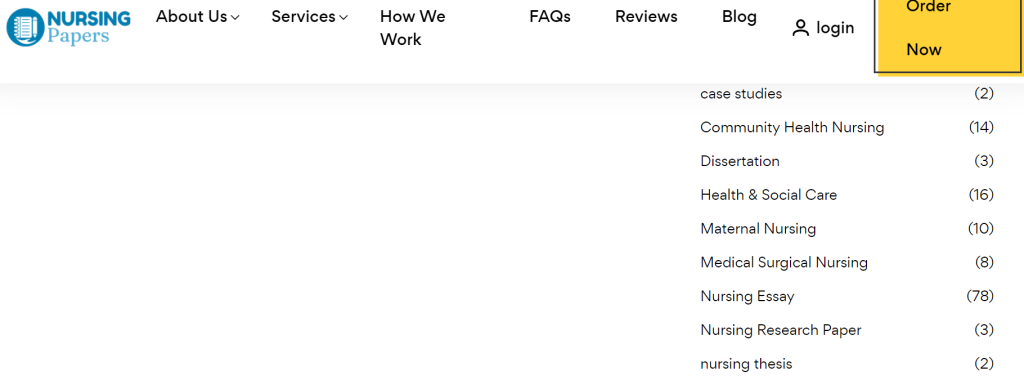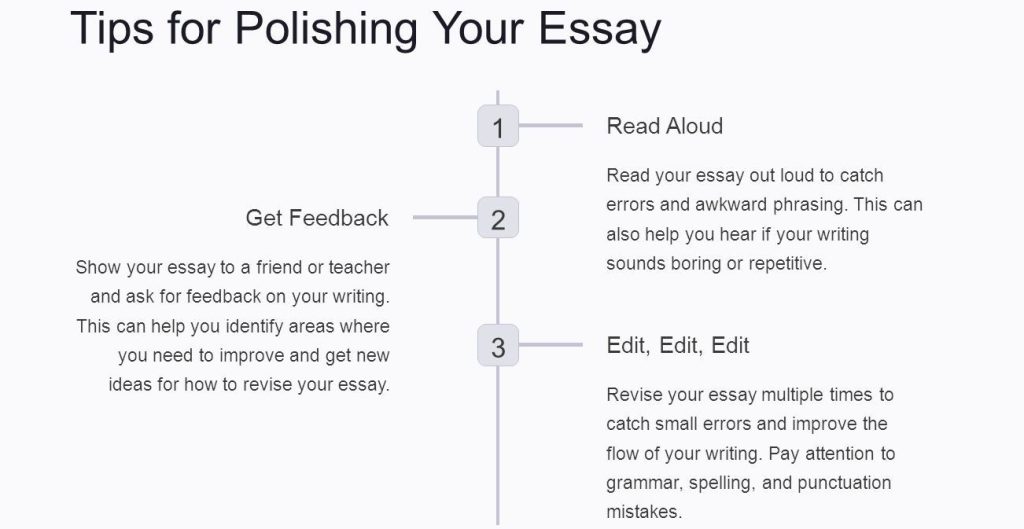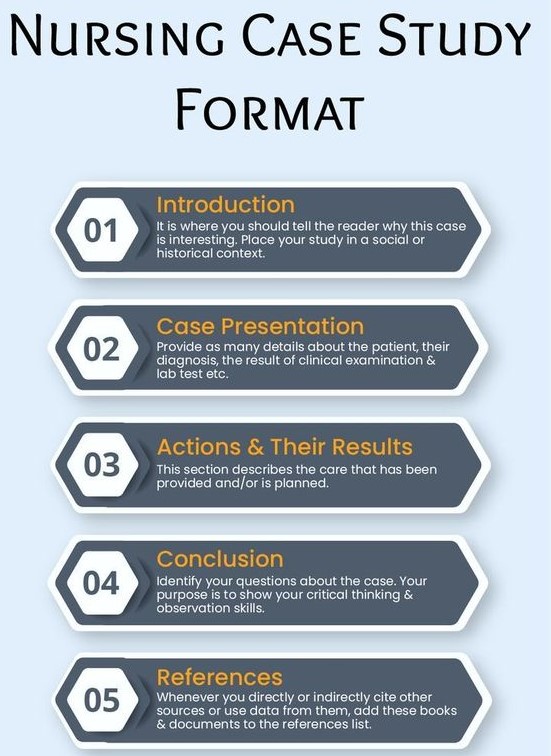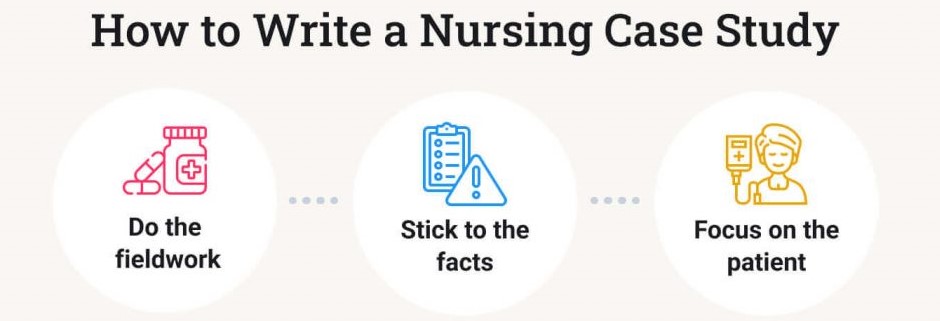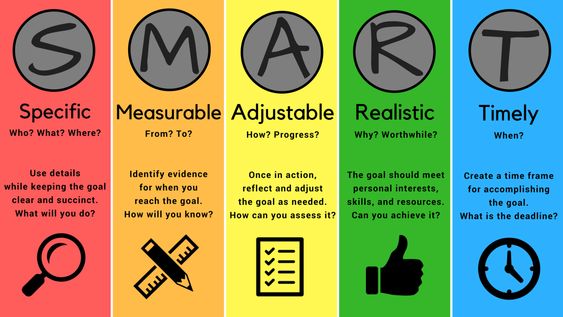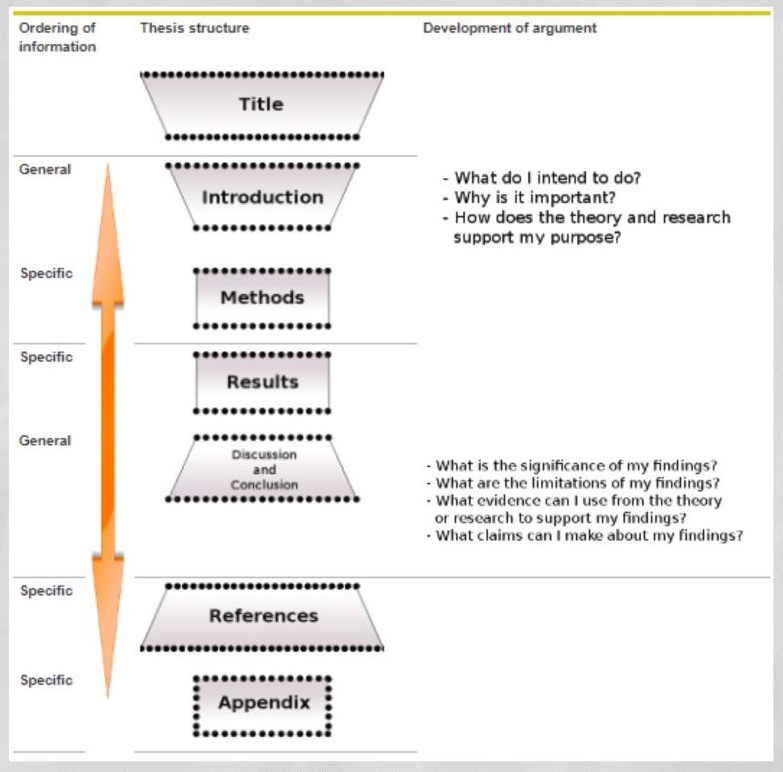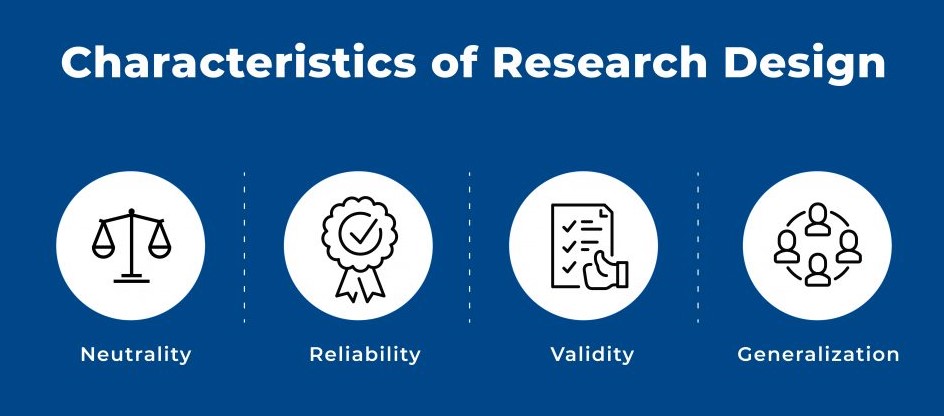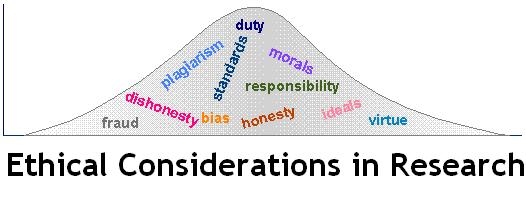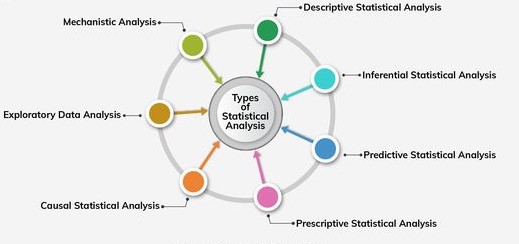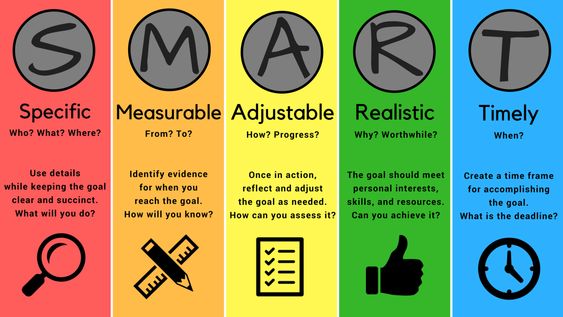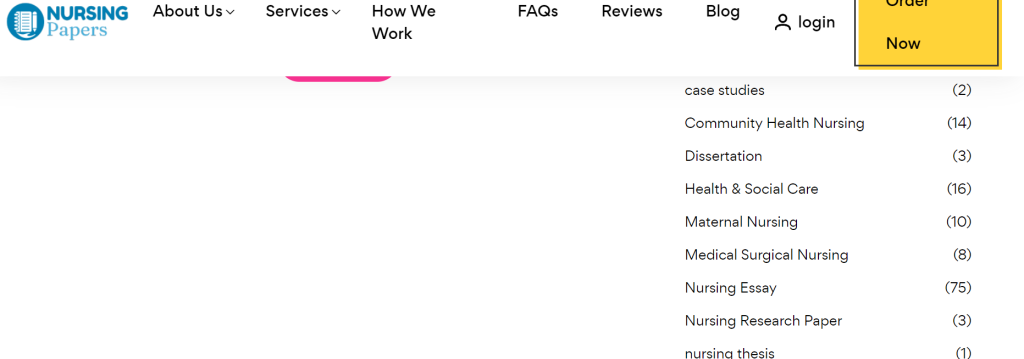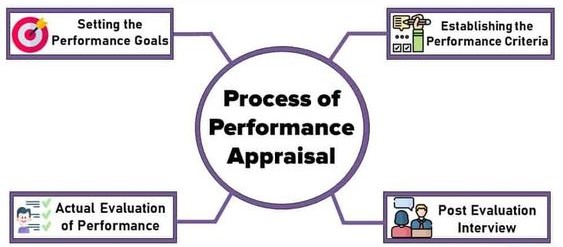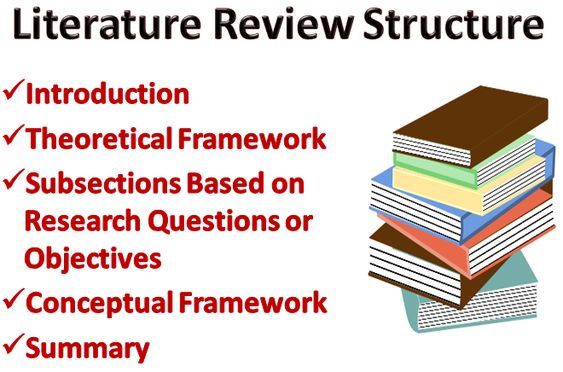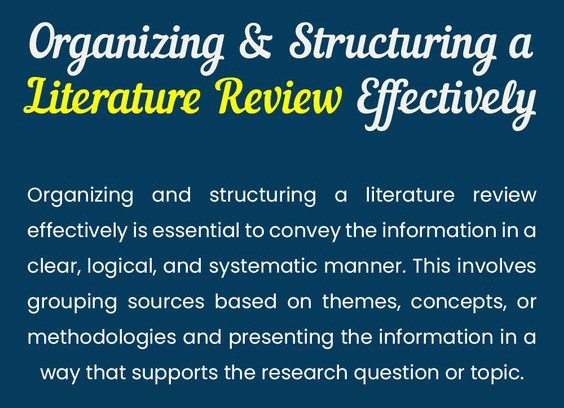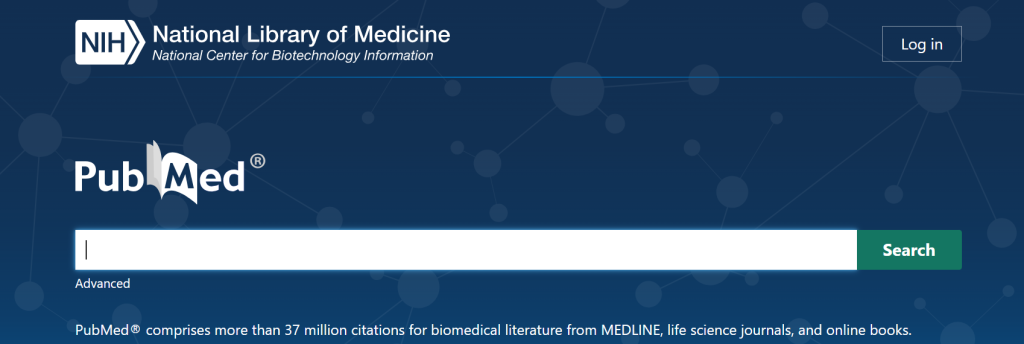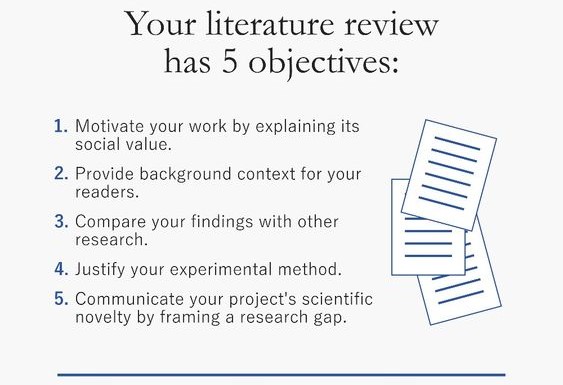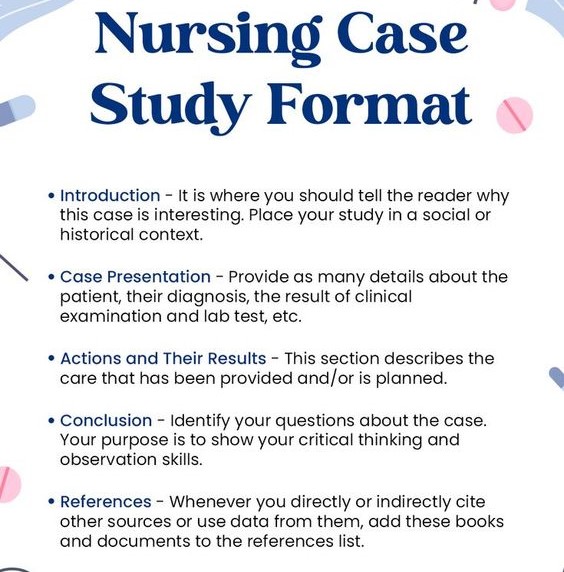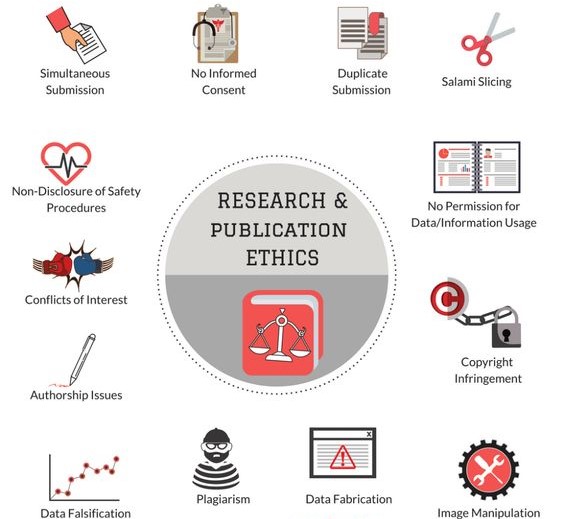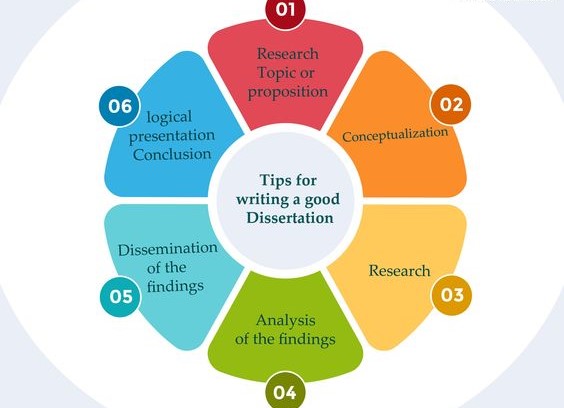
Table of Contents
Medication administration is a fundamental pillar of nursing practice, demanding meticulous precision, unwavering vigilance, and a deep understanding of the intricacies of pharmacology and patient safety. It’s no surprise, then, that a nursing research paper on medication administration are a cornerstone of scholarly inquiry in the field. These papers provide valuable insights into improving medication safety, efficacy, and patient outcomes, shaping clinical practice and influencing policy.
This article delves into the art of crafting a compelling nursing research paper on medication administration, equipping you with the tools and strategies to produce a well-structured, impactful, and publishable research paper.
Steps for Writing a Nursing Research Paper on Medication Administration
1. Defining a Compelling Research Question
The starting point for any successful nursing research paper on medication administration is a well-defined research question. This question should be relevant, specific, and address a gap in the existing knowledge about medication administration practices. Here are some guiding questions to help you formulate your research question when writing a nursing research paper on medication administration.
- What are the current challenges and limitations in medication administration? This could involve exploring issues like medication errors, patient adherence, or the impact of technology on medication administration.
- How can medication administration be improved to enhance patient safety and outcomes? Consider exploring innovative practices, interventions, or educational approaches that can optimize medication administration.
- What are the perspectives of patients, nurses, and pharmacists regarding medication administration? Understanding the diverse perspectives can unveil crucial insights into the barriers and facilitators of optimal medication administration.
2. Choosing a Research Methodology
The choice of research methodology is crucial to your nursing research paper on medication administration. Select a methodology that aligns with your research question and aims to provide robust and credible evidence. Common research methodologies include:
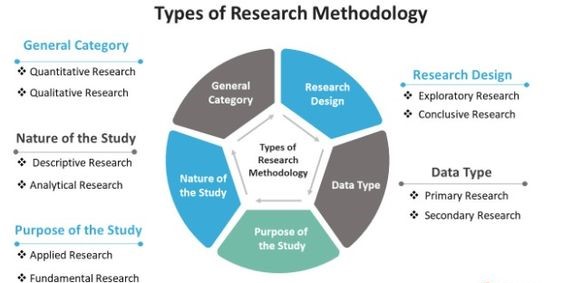
- Quantitative Research: Employing numerical data collection and analysis techniques such as surveys, experiments, and statistical analysis. Quantitative studies can be particularly useful for investigating the prevalence of medication errors, assessing the effectiveness of interventions, or comparing different medication administration practices.
- Qualitative Research: Exploring experiences, perspectives, and perceptions through in-depth interviews, focus groups, and observation. Qualitative research is ideal for understanding the nuances of medication administration practices, the challenges nurses face, and the impact of medication administration on patients’ lives.
- Mixed Methods Research: Combining quantitative and qualitative approaches to gain a more comprehensive understanding of medication administration. This approach allows for the exploration of both objective data and subjective experiences, providing a rich tapestry of insights.
Your nursing research paper on medication administration can explore one methodology or combine two methodologies. However, you can also use mixed methods research methodology, depending on the kind of information that you intend to present in your nursing research paper on medication administration.
3. Designing a Robust Research Study
Once you’ve chosen a research methodology, carefully design your research study to ensure its rigor and ethical considerations.
- Sample Selection: Carefully select your study participants, ensuring representativeness and consideration of inclusion and exclusion criteria. This might involve nurses, patients, or healthcare providers depending on your research question.
- Data Collection Instruments: Use validated and reliable instruments for data collection, such as questionnaires, checklists, or interview protocols. Ensure that these instruments are culturally appropriate and meet the specific needs of your study.
- Data Analysis Plan: Develop a comprehensive data analysis plan that aligns with your chosen methodology and research questions. This may involve statistical analysis for quantitative data, thematic analysis for qualitative data, or a combination of approaches for mixed methods studies.
4. Conducting Ethical Research
Ethical considerations are paramount in writing a nursing research paper on medication administration. Ensure that your research complies with ethical guidelines and regulations. Here are some of the ethical considerations for writing a nursing research paper on medication administration.
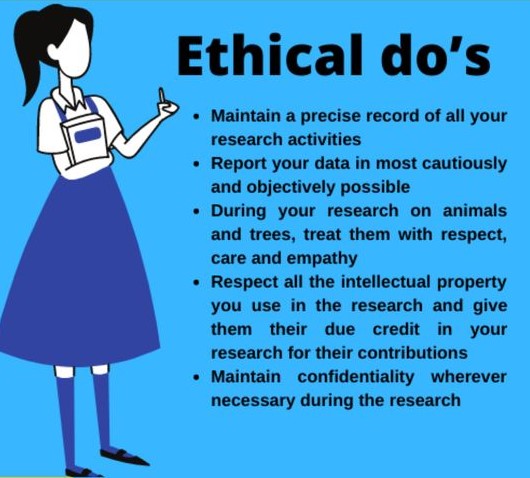
- Informed Consent: Obtain informed consent from all participants, ensuring they understand the study’s purpose, risks, and potential benefits.
- Confidentiality and Anonymity: Protect participant confidentiality and anonymity by using secure data storage, removing identifying information, and ensuring proper data management.
- Beneficence and Non-Maleficence: Prioritize the well-being of participants and ensure that the research does not pose undue risks or harm.
5. Writing the Nursing Research Paper
The writing process for a nursing research paper on medication administration is essential for conveying your findings effectively and engaging your audience. Here’s a suggested structure for a compelling nursing research paper on medication administration.
- Title Page: Craft a clear and concise title that reflects the research question and methodology.
- Abstract: Provide a succinct summary of the research, including the research question, methodology, key findings, and conclusions.
- Introduction: Introduce the topic, establish the significance of the research question, and provide a brief overview of relevant literature.
- Literature Review: Conduct a thorough review of existing literature on medication administration, identifying key themes, gaps in knowledge, and theoretical frameworks that inform your research.
- Methodology: Describe the research design, study population, data collection methods, and data analysis techniques in detail.
- Results: Present the findings of your research in a clear and organized manner using tables, figures, and descriptive statistics as appropriate.
- Discussion: Interpret the findings, discuss their implications, relate them to existing literature, and propose recommendations for future research or practice.
- Conclusion: Summarize the key findings, restate the significance of your research, and highlight the potential impact of your findings on nursing practice and patient care.
- References: List all cited sources in a consistent format following established citation guidelines.
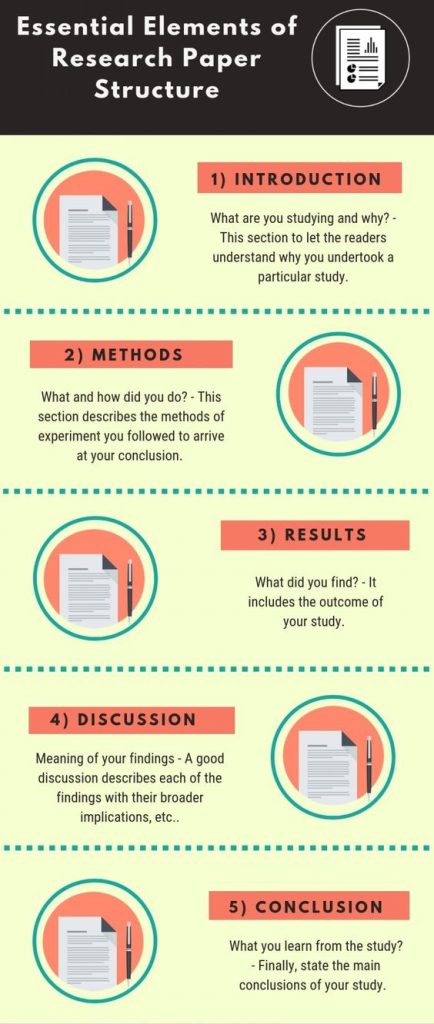
6. Ensuring Quality and Clarity
To create a compelling nursing research paper on medication administration, consider the following tips:
- Writing Style: Use clear and concise language, avoiding jargon or overly technical terms. Focus on providing a logical flow of ideas and ensure that your arguments are supported by evidence.
- Editing and Proofreading: Carefully edit and proofread your paper for grammatical errors, spelling mistakes, and inconsistencies in formatting.
- Peer Review: Seek feedback from peers or mentors to ensure the clarity, accuracy, and rigor of your research paper.
- Ethical Considerations: Be mindful of ethical implications, particularly when dealing with sensitive patient data or research involving vulnerable populations.
7. Disseminating Your Findings
Sharing your nursing research paper on medication administration with a wider audience is essential for its impact. Consider the following avenues to give your nursing research paper on medication the desired exposure.
- Academic Journals: Submit your paper to peer-reviewed journals specializing in nursing research, medication administration, or relevant fields.
- Conferences: Present your findings at national or international nursing conferences, engaging in discussions with fellow researchers and practitioners.
- Online Platforms: Share your research findings on relevant online platforms, such as research repositories, social media groups, or professional networking sites.
Examples of Compelling Nursing Research Papers on Medication Administration
To gain inspiration and understand the diverse approaches to a nursing research paper on medication administration, explore these exemplary publications:
- “Medication Errors in the Hospital Setting: A Qualitative Study of Nurses’ Perspectives” (This paper explores the experiences and perspectives of nurses regarding medication errors, providing insights into the underlying causes and contributing factors.)
- “The Impact of Technology on Medication Administration: A Randomized Controlled Trial” (This study investigates the effectiveness of a new technology-based system for medication administration, evaluating its impact on medication safety and patient outcomes.)
- “Patient-Centered Medication Administration: A Mixed Methods Approach” (This research paper combines quantitative and qualitative methods to examine the experiences of patients receiving medication administration and explore how these practices can be improved from a patient-centered perspective.)

Crafting a compelling nursing research paper on medication administration requires meticulous planning, a thorough understanding of research methodologies, and unwavering dedication to ethical principles. By following the steps outlined in this article, you can embark on a journey of scholarly inquiry, contributing valuable knowledge to the field of nursing and improving patient safety and outcomes. Remember, the pursuit of knowledge in medication administration is a continuous process, and each nursing research paper on medication administration serves as a building block towards a safer and more effective healthcare system for all.
Common Pitfalls in Nursing Research Paper Writing
While writing a nursing research paper on medication administration is a rewarding endeavor, it’s essential to be mindful of common pitfalls that can hinder its quality and impact. Here are some key pitfalls to avoid:
1. Lack of a Clear Research Question:
- Pitfall: Vague or overly broad research questions lead to unfocused studies and unclear conclusions.
- Solution: Formulate a specific and well-defined research question that addresses a gap in existing knowledge and guides the entire research process.
2. Inadequate Literature Review:
- Pitfall: A superficial review of existing literature fails to provide a comprehensive understanding of the topic and may lead to overlooking relevant research.
- Solution: Conduct a thorough review of current and relevant research on medication administration, identifying key themes, gaps in knowledge, and supporting evidence for your research question.
3. Weak Methodology:
- Pitfall: Flawed methodology, such as inappropriate sampling techniques, unreliable data collection instruments, or inadequate data analysis, compromises the validity and reliability of the study.
- Solution: Carefully choose a research methodology that aligns with your research question and design a study that ensures rigor and ethical considerations. Use validated instruments for data collection, develop a detailed data analysis plan, and adhere to ethical guidelines throughout the research process.
4. Biased or Unrepresentative Sample:
- Pitfall: Using a sample that does not reflect the target population or is biased towards specific characteristics may lead to inaccurate and limited findings.
- Solution: Carefully select your study participants, ensuring representativeness and consideration of inclusion and exclusion criteria. Employ random sampling techniques whenever possible and ensure a sample size large enough to provide statistically significant findings.
5. Ignoring Ethical Considerations:
- Pitfall: Disregarding ethical principles, such as informed consent, confidentiality, and beneficence, can compromise the integrity of your research and potentially harm participants.
- Solution: Obtain informed consent from all participants, ensure confidentiality and anonymity, and prioritize the well-being of participants throughout the research process. Conduct ethical review board (IRB) approval before commencing research.
6. Overly Descriptive Results:
- Pitfall: Simply presenting raw data without interpretation or analysis fails to provide meaningful insights and limit the impact of your research.
- Solution: Present your findings in a clear and organized manner using tables, figures, and descriptive statistics as appropriate. Interpret the findings, discuss their implications, and relate them to existing literature.
7. Weak Discussion and Conclusion:
- Pitfall: A superficial discussion and conclusion section fails to effectively communicate the significance of your findings and their implications for practice.
- Solution: Discuss the findings in-depth, highlighting their implications for nursing practice, patient care, and future research. Connect your findings to existing literature, identifying both strengths and limitations.
8. Insufficient Writing Quality:
- Pitfall: Poor writing style, grammatical errors, and lack of clarity can detract from the credibility and impact of your research paper.
- Solution: Use clear and concise language, avoiding jargon or overly technical terms when writing a nursing research paper on medication administration. Focus on providing a logical flow of ideas and ensuring that your arguments are supported by evidence. Carefully edit and proofread your paper for grammatical errors, spelling mistakes, and inconsistencies in formatting.
9. Lack of Dissemination:
- Pitfall: Failing to disseminate your research findings limits its impact on nursing practice, policy, and the broader healthcare community.
- Solution: Share your research findings by submitting your paper to peer-reviewed journals, presenting at conferences, and sharing them on relevant online platforms. Engage with peers and practitioners to promote discussion and inspire further research.
10. Not Addressing Limitations:
- Pitfall: Ignoring the limitations of your study can weaken its credibility and prevent others from accurately interpreting and applying your findings.
- Solution: Identify and acknowledge the limitations of your research in the discussion section. This demonstrates transparency and allows readers to understand the context of your findings.
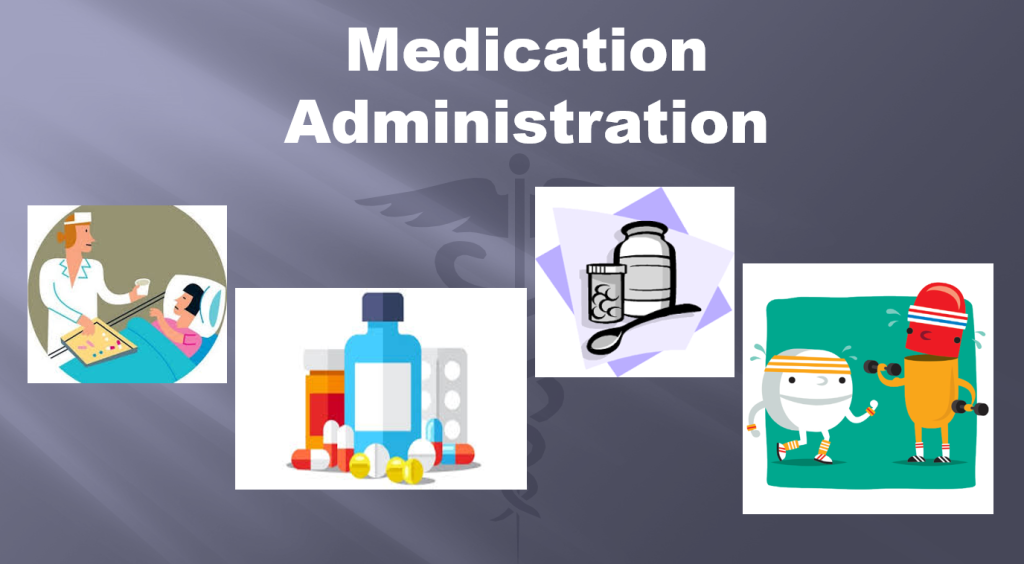
Avoiding these pitfalls ensures that your nursing research paper on medication administration contributes meaningful knowledge to the field, enhances patient safety, and advances nursing practice.
Get Customized Nursing Research Paper Help
PhD Nurse Writer is the premier academic writing service that you can always rely on for compelling nursing research papers. We can assist you with choosing a topic, writing assignments, editing and proof reading, plagiarism check and removal. Besides research papers, we can also craft powerful nursing essays, case studies and dissertations, tailored to your specific demands and goals.


